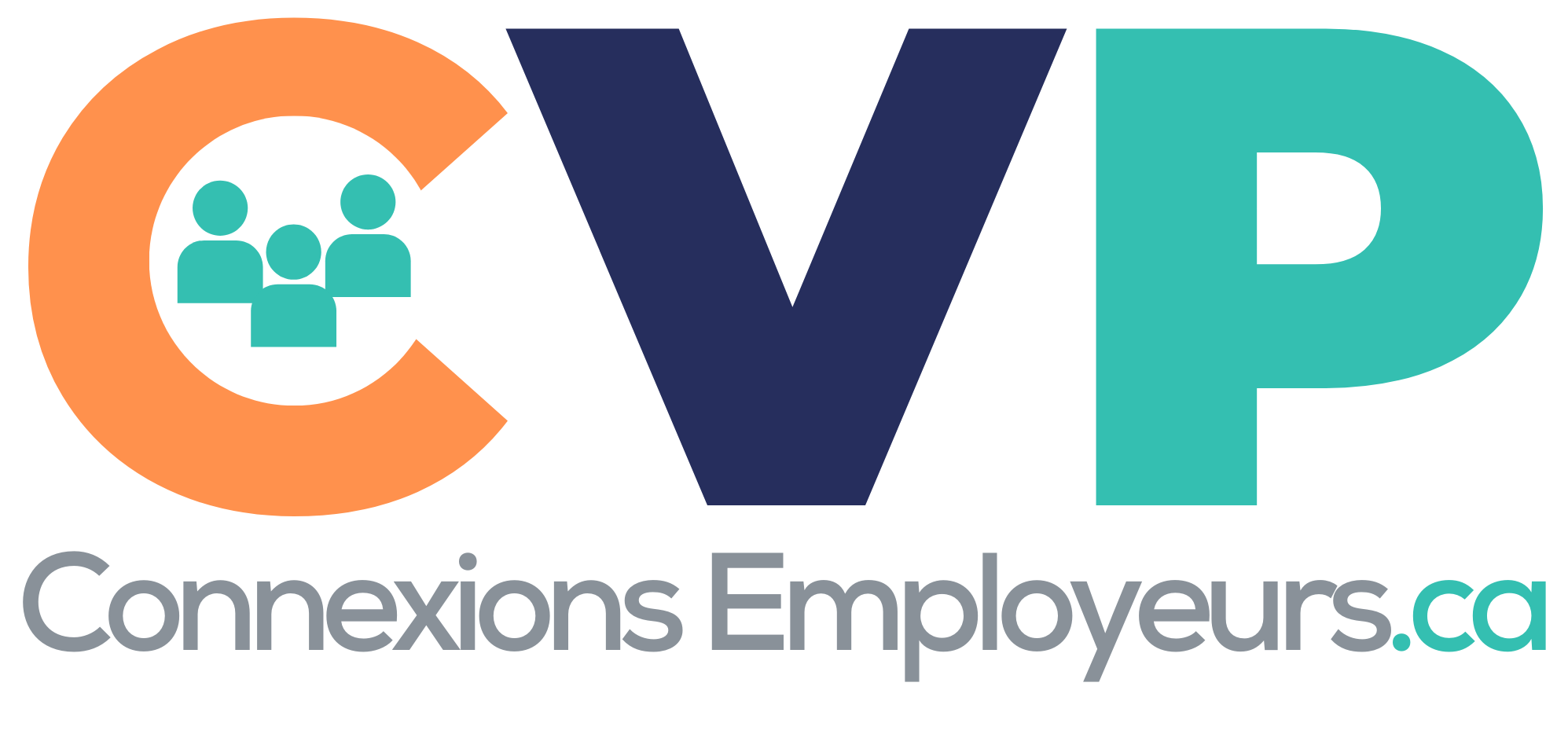What’s next for Chief Diversity Officers?

Over the past several years we have seen the rise, fall, and reinvention of the Chief Diversity Officer (CDO) position.
And then, CDOs joined C-suites across the world. Some were given budgets, teams, and big mandates. Some had a seat at the table to input into products and services. Some were tasked with leading large financial racial justice commitments to help their industries. Some became the face of their company, signing industry pledges, and being asked to internally and externally speak up about the hurt and harm being caused to historically marginalized communities. Many gained the trust of internal and external stakeholders, publishing first-ever DEI reports and convincing their peers to embed workforce targets into their annual performance reviews.
Now, three years later, the fall has been swift. Some CDO roles were never set up for success: their roles were not defined, they never had the authority or the ability to make or impact decisions, making them easy targets to cut during uncertain economic times. For others, the fall has been the result of the intense DEI backlash felt around the country. Books on topics including race, gender, and sexual orientation are banned in states like Texas, Florida, Missouri, Utah, and South Carolina. Florida Governor Ron DeSantis signed a bill into law that went into effect July 1, which banned Florida public colleges and universities from spending money on DEI programming. Texas Governor Greg Abbott signed a similar bill into law which goes into effect January 1. And finally, the Supreme Court overturned affirmative action in colleges and universities. Now, many companies who have invested in DEI efforts are concerned that they will be under scrutiny.
Indeed, companies have not been immune to the intense DEI backlash. For instance, Target removed some LGTBQ+ merchandise from its stores after some customers confronted employees in store and made threats online. Target, along with brands like Kohl’s, North Face, and Bud Light have been labeled as “woke capitalists” and have faced attacks from conservatives. Even Chick-fil-A faced significant criticism from “anti-woke” conservatives, when it was discovered that they had hired a VP of DEI.
So what happens next? Three years after the so-called “diversity tipping point,” we are left to wonder if any of the progress that was made will be acknowledged, accepted, and continue to fuel organizations to do more. Or if it will be dismissed, ignored, or just completely erased?
I am a DEI leader myself, and here are five scenarios I believe we will see play out when it comes to companies reevaluating their DEI efforts:
STAY THE CDO COURSE
For some companies, the role of CDO will remain—despite market conditions or any backlash. This may happen because an organization inherently understands the value of the role; it was scoped appropriately from the start and they see the sustained impact to the business. For businesses like these, their customers, shareholders, and suppliers value the role and may even have an expectation that it exists. Their competitors may also have a CDO and they don’t want to be left behind by competition. Or perhaps they don’t want to be be scrambling the next time an internal or external DEI crisis hits.
To be sure, across many industries, CDOs continue to be in demand. In publishing, Harper Collins, Penguin Random House, Wiley, and others have a CDO or a EVP leading DEI efforts. In retail, Target, Macy’s, and Walmart have someone senior leading these efforts. In tech, Google, Netflix, and Meta have a CDO. And in the world of finance, Goldman Sachs, Morgan Stanley, and Citi and others, are staying the course as well. Likely these companies understand the value of having an executive who is leading efforts around talent disruption, setting a DEI talent strategy, embedding DEI into business operations, and measuring the external impact DEI efforts make.
Pour lire la suite de l’article, cliquez ici.
Source: Fast Company, Linda Rosencrance, 16 octobre 2023

Réponses